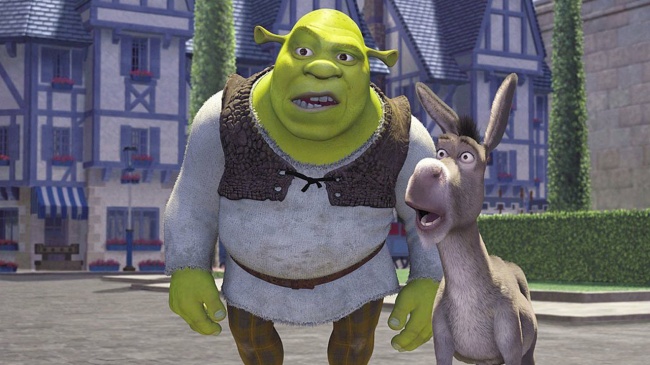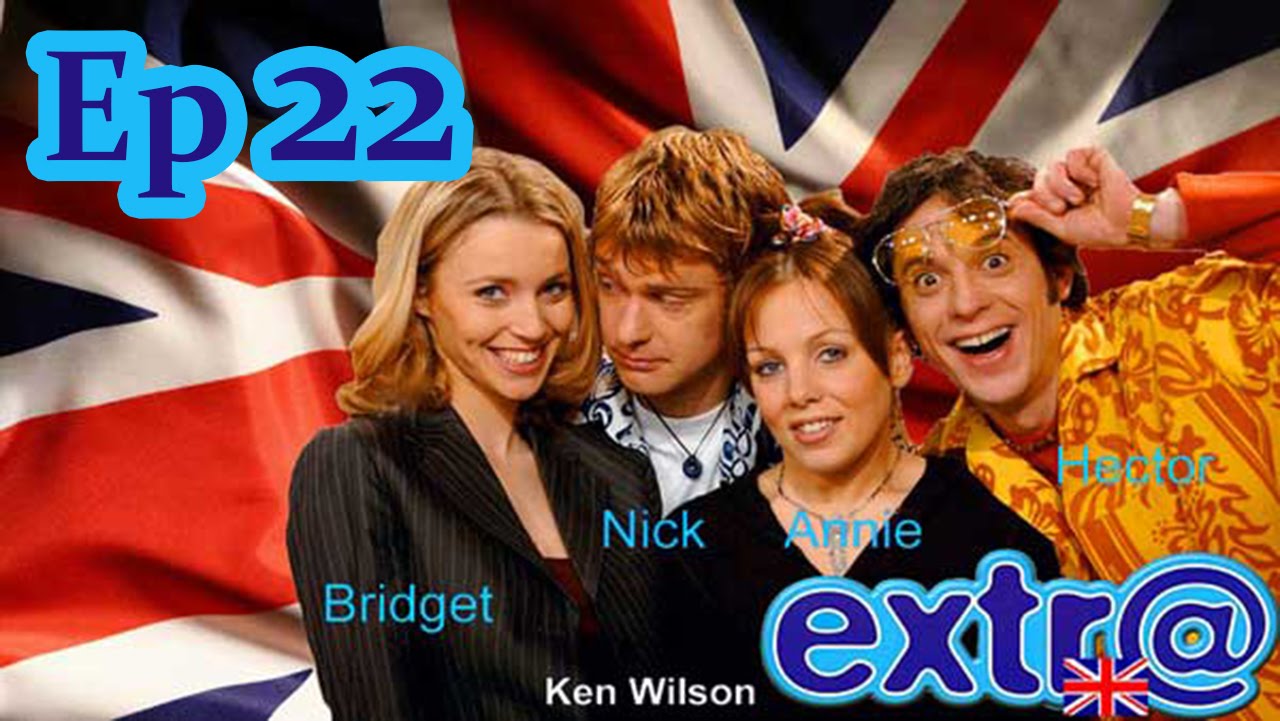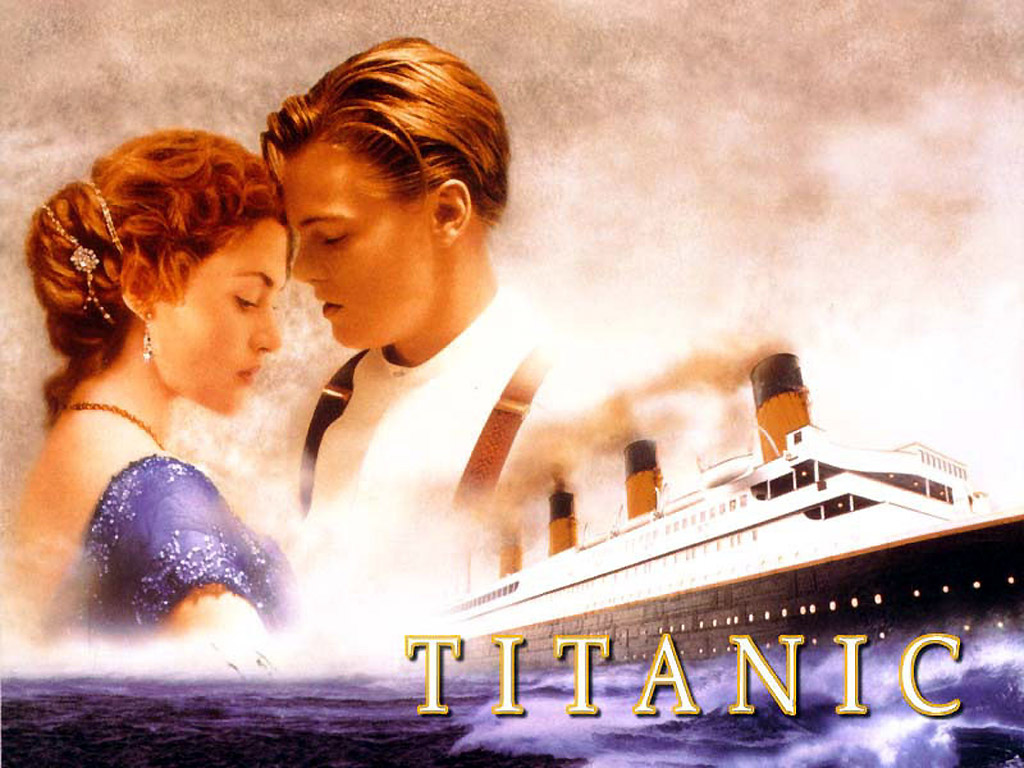Why should you learn English through movies and how to learn to be effective?
If you're tired of going to class or reading a book, there's nothing better than learning through movies. However, the question is whether learning English through movies is appropriate?
Conquering a foreign language is not easy when there is a difference between the culture of the learner and the culture of that language. Therefore, even when watching a movie to learn English, you will have difficulty because you cannot understand what the actor is saying or what they mean even though they have heard the description correctly.
Here are a few small tips to help you learn English through movies easier, including receiving new words, phrases, guessing the meaning of words by relying on context and more.
3 reasons to learn English through movies
1. You will learn real English and not study books
The fact that what you learn through books or at classes / centers is not what native speakers say. For example, at the beginning level, you may be taught how to say "it's a quarter to seven" (a reference to 6h45 or 7 pm 15) or "it's raining cats and dogs" (raining cats and dogs). These two example sentences are grammatically correct but they are not used much in communication.

Conversely, when watching movies, you will learn to speak naturally and that is almost what you will hear when talking directly with a native person. So learning English through movies is great if you want to improve your speaking skills.
2. You learn words in context (Context)
This is one of the undeniable advantages of learning foreign languages through movies. For example, if you constantly watch movies on crime topics, after watching about 10 to 20 movies, you will start learning the vocabulary related to crime and police.
Often, in the traditional way (via books), we will learn vocabulary lists or thematically vocabulary words. The problem is that what you have tried to remember by memorizing is just the meaning of the word, not the usage (used in what situations and how to say it) of the word.
For example, with the word "detective". In the dictionary, it is interpreted to mean "a criminal investigator". However, if not used, the word is easy to forget because in everyday communication situations, it is very rare for you to need it. Moreover, this is not a common word when speaking.
Meanwhile, if you study through a movie, you will know that "detective" can be used in many ways. It may precede a person's name to indicate his title, such as Detective Beckett ( Beckett detective) or just one's occupation ( he's a detective - he's a detective) or after an adjective description (you lousy detective - you are a bad detective) . You can see, in the text, sometimes a word is used without having to obey a lousy detective rule but still make the listener understand the content you want to convey.
"Killing two birds with one stone - One arrow with two targets" , you will not be able to remember the meaning and usage of this idiom if you study only through books.

3. You know how everything is said
In English, 30% of what is said is expressed in words, so what is the remaining 70%?
The remaining 70% is in the way you speak. That is the facial expression (smile, frown .) and your tone (such as when you are angry or you are sad, the tone will be different).
And for most countries that use English as their primary language, "How" is far more important than "What" (what to say).
Let's try an example with the phrase "I Love You":
Changing the accent sentence to emphasize the different intentions of the speaker:
I 'love you. (I love you - not like).
'I love you. (I - not anyone else - love you).
I love 'you. (The person I love is you - not anyone else)
If you say "I . LOVE . YOU" loudly, the speaker is trying to confess his love.
If you say loudly, seamlessly "I LOVE YOU", the speaker is trying to show love with anger.
Obviously, it can be seen that if you only learn from books, when communicating, you are easily confused. While watching a movie, characters will express feelings like sadness, anger, surprise or happiness, and you can easily guess the meaning of the situation. So, to be good at English, you must understand the different "nuances" of words.

7 secrets to learning English through movies
1. Choose the movie you love. If you choose a movie based on the introduction of your friends and you don't like it, learning will be boring and you can't concentrate. Remember that with the same thing, it can bring success to others but may not be for you.
You can visit Rotten Tomatoes website to view comments and reviews of thousands of movies. After that, choose for yourself the most ideal movie.
2. Select a movie that matches your current English "level". For example, for beginners (Beginner), you should watch cartoons and movies with simple dialogues ( Friends or Extra series), because they are close and easy to understand. Never choose "Romeo and Juliet" to start because Shakespeare's use of words is "English of many centuries ago" so not everyone understands the meaning.
3. Use the dictionary. Choose a movie with subtitles and when you hear a word you find interesting but don't understand the meaning, you can use the dictionary to find out.
4. Recall short phrases. Occasionally, you may hear something you find interesting in movies, such as idioms, phrases or slang words (Hell Yeah, Sure thing, You betcha! .). Those are the words that are commonly used in spoken language. Try to repeat them and imitate the intonation of the actor in the movie. If you persevere in this way, you will find English very interesting.
5. See no subtitles. After watching the movie with one or two subtitles (or more if you don't really understand the content), you can start turning off the subtitles to check what you hear. This step is quite difficult and not simple to implement but if you persevere, you will see your hearing will improve.
6. Using a video player (such as VLC) allows you to adjust the movie playback speed faster or slower. This is useful when listening.
7. No problem if you can't hear a word and ignore it. Watching movies is an interesting way to learn and learn naturally, not forcing.
Although there are many benefits, learning English through movies has certain limitations. For example, if there is no subtitle, you will have a lot of difficulties when listening, cannot memorize the meaning of the word for a long time because it is not recorded, continuously rewinding the movie to look up meaning. not the best and the most challenging thing is that sometimes you get caught up in your emotional or movie content and forget that you are watching a movie to study . Therefore, the best way is still comedy draw between learning through movies and learning through books.

7 interesting movies to learn English
1. Finding Nemo (Finding Nemo)
Finding Nemo is a movie about the clownfish's hard, arduous journey to find his son, Nemo, and discover an exciting world beneath the ocean he never knew before. . All details in the film, from the colorful sea of coral to the deep and dangerous waters are depicted real and vivid. Watching the clown's journey Marlin and Nemo's son throughout the film, the audience seemed to experience an exciting undersea tour.
Finding Nemo was nominated for a total of 4 Oscars and won the Best Cartoon category. The film entered the Top 10 excellent animation films of all time voted by the American Film Institute in 2008.
2. The Terminator
The Terminator is an audience movie in 1984 under James Cameron's action / science fiction genre. Schwarzenegger plays the destroyer - a nominal character, a seemingly unstoppable biological robot assassin, sent back in 1984 from 2029 to an artificial computer supercomputer with an artificial intelligence to kill Sarah Connor. .
3. Titanic

Titanic is a romantic romance film with an American history released in 1997, directed by James Cameron, screenwriter, co-producer, co-editor and partial financial support. The film is based on the historic shipwreck of the famous RMS Titanic in 1912, starring actors Leonardo DiCaprio and Kate Winslet as two people from two different classes of society - they fell in love on the first sailing of the ill-fated ship.
4. Harry Potter
Harry Potter is a film adapted from the seven-part series of the British writer JK Rowling . The series is about adventures into the wizarding world of Harry Potter and his friends Ronald Weasley, Hermione Granger at the School of Witchcraft and Hogwarts. The adventures focused on Harry Potter's battle against the Dark Lord Voldemort - whose ambition is to become immortal, rule the wizarding world, enslave those without magic and Destroy those who stand in his way, especially Harry Potter.
5. Star Wars (Star Wars)
Star Wars takes place in the middle of a fictional galaxy centered around a protracted battle between the two opposing forces, the Jedi knights and the Sith warriors. One of the salient elements of Star Wars is "Force" - the energy source appears everywhere and can be exploited by those who have that ability. Star Wars has released the following parts: Episode IV - A New Hope (1977), Episode V - The Empire Strikes Back (1980), Episode VI - Return of the Jedi (1983), Episode I - The Phantom Menace (1999) ), Episode II - Attack of the Clones (2002), Episode III - Revenge of the Sith (2005) and Episode VII - The Force Awakens (2015).
6. Lord of the Rings (Lord of the Rings)

Lord of the Rings is one of the most successful series in fantasy genre. Set in Middle-earth, the film is about the journey to destroy the One Ring of a Hobbit named Frodo Baggins. The fate of Middle-earth is in Frodo's hand and eight friends in the Ring Fellowship (The Fellowship of the Ring) on a trip to Mount Doom in Mordo - the only place where the Lord's Ring One Ring can be destroyed. Sauron darkness.
7. Pirates of the Caribbean (Pirates of the Caribbean)
Pirates of the Caribbean are a fantasy genre, revolving around the adventures of Captain Jack Sparrow, Hector Barbossa, Joshamee Gibbs, Will Turner and Elizabeth Swann. The series is set in the fictional calendar: a world largely dominated by chaos of alternate versions of the British Empire and the East India Company, with pirates representing freedom from those dominant forces. The film has now released 4 parts Pirates of the Caribbean: Curse of the Black Pearl ship (2003), Pirates of the Caribbean: Death chest (2006), Pirates of the Caribbean: End of the world (2007), Pirates of the Caribbean: Strange tidal currents (2011) and Part 5 Pirates of the Caribbean: Deathless people are expected to be released in 2017.
Certainly, besides these 7 blockbusters, you will also have other options, however, the most important thing is to find movies that match your current English level and persist in learning to achieve results. the best.
You should read it
- ★ Shadowing Technique: Practice speaking English effectively without having to go to the center
- ★ Top 8 leading English learning applications on Android and iOS
- ★ 12 Facebook Pages useful for English learners
- ★ To be good at English, don't forget to visit these 13 YouTube channels every day
- ★ 8 steps to help you improve your reading comprehension skills in English